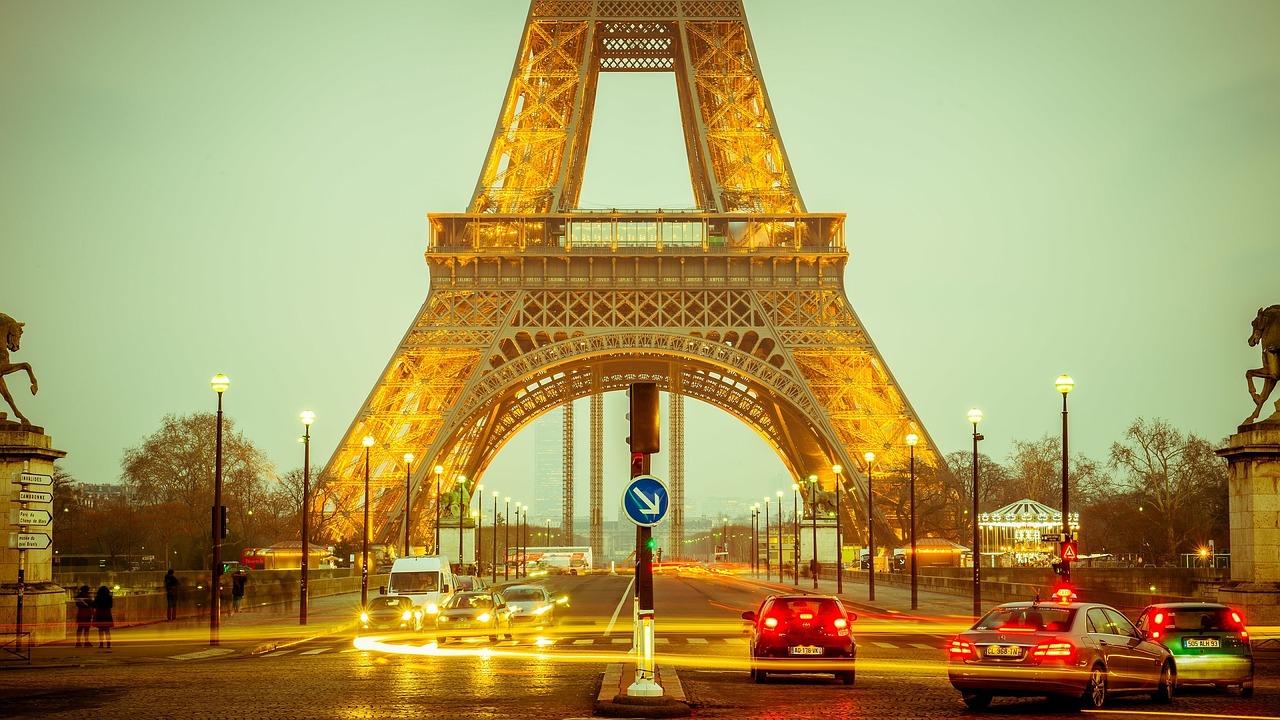Somewhere between wariness and the impression of déjà-vu: the expanded council representing the Muslim faith announced by Bernard Cazeneuve on February 25 has not, for the moment, convinced those whose membership will make it successful. These are the generations of Muslims born in France who, in the last ten years, have developed a social fabric and entrepreneurial lives.
They are part of the halal market, of the educational and charitable sectors, they established community sites or battled Islamophobia, and today they claim their place in their religious affairs. For a government set on having representation that reflects the diversity of Muslims and capable of anchoring the religion in French society, they are the primary “targets.” But do they want to take up the Minister of the Interior’s dialogue offer?
None of them defend Islam’s current institutional representation. The French Council of the Muslim Faith (CFCM) is, for them, a form of consular Islam that they reject, stuck between the State and the capitals of the first generation’s native countries, first and foremost Algiers and Rabat. They do not regret its position but are not ready to get involved under just any type of conditions. “If it only deals with freshening up the CFCM and perpetuating consular Islam, it’s not worth it,” said Fateh Kimouche, founder of the blog Al-Kanz. “If, however, it has to do with a Copernican revolution that involves young people born in France, why not. On the condition that the setup is changed. But for the moment, we’re still in Jacobinism.”
For many, the State’s role is the government’s biggest problem in its approach, in which Nabil Ennarsi, President of the Collective of Muslims of France, sees “a desire to domesticate the Islam of France.” “Sadly this illustrates the State’s interference in the affairs of Muslims,” says Elsa Ray, spokesperson for the Committee Against Islamophobia in France “This didn’t start yesterday, and it explains some of the problems with the CFCM. The CFCM, at its core, is the State! And that doesn’t seem to have been questioned.” The fear is that the same causes–the State’s intervention in the organization of the Muslim faith–do not produce the same effects, namely a distorted representation of Islam in France.”
Who will be the actors involved? For the moment, the government remains vague: “All the components of an Islam of tolerance and of peace.” Local councils will be held in spring in order to discuss the actors and issues. “To engage in dialogue is to put everyone at the same level. We can’t say: I choose the people with whom I want to speak,” said Fateh Kimouche.
Following questions concerning who these participants could be comes questions about the council’s objectives. While it be limited to cultural subjects (training imams, financing mosques, ritual slaughtering), or will it be larger? “Sarkozy’s error was to think that the faith can represent all of Islam,” says Said Branine, founder of the site Oumma.com. “It’s insufficient. The overwhelming majority of Muslims do not feel represented by those associated with the faith. We then must find non-religious associations.” The CCIF, explains Elsa Ray, is thus quite ready to “participate in working to stem Islamophobia.”
There are some who are not immediately opposed to the process. “We need to be open to anything,” said Fateh Kimouche, but the majority remains skeptical. This defiance is not without ambivalence, because these figures recognize the State’s reasons for wanting to find a more fitting representative. However, certain prefer to take charge themselves. “Islam is recent, we must give it some time. The State is bypassing the development of a social fabric that has changed a lot. This representativeness is in the midst of being done by Muslims themselves,” said Nabil Ennasri. “There is a great need for clarity, for clear objectives and confidence toward Muslims,” said Ousmane Timera. “This must be done with Muslims, not without them or against them.”






